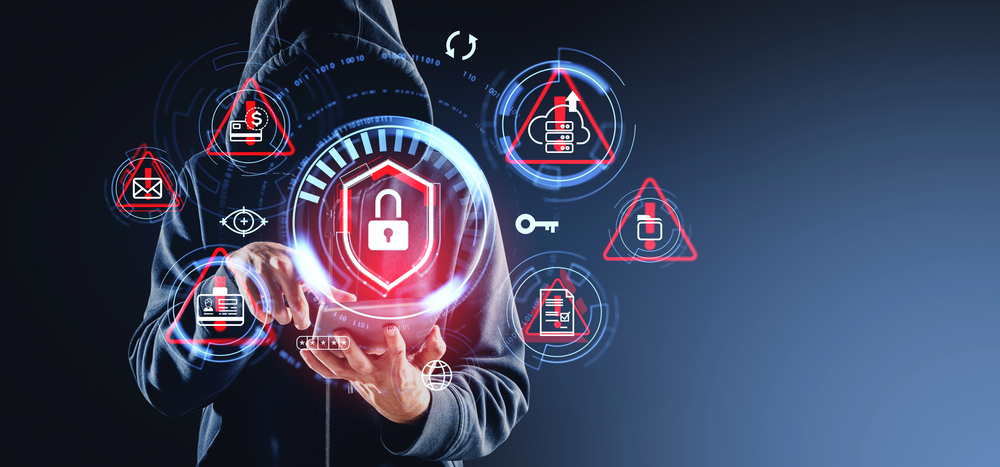
Threats improve to slip past firewalls and filters
The latest Cyber Threat Intelligence Report from Hoxhunt looks at the quantity and quality of threats that bypass firewalls and email filters.
It finds attackers are improving their techniques to create more credible threats which are more likely to slip past defenses. Phishing techniques are improving with cleaner language, more convincing formatting and more believable workflow mimicry.

Paranoia rules -- how automation can enable better detection and response [Q&A]
Security analysts want to capture more events in order to spot threats earlier which requires more detection rules. But doing so risks driving up alert volumes leading to issues with alert fatigue.
The solution is automation which can be used to increase the throughput of alerts and the threat intelligence around these, creating a ‘paranoid’ form of posture management. We talked to Martin Jakobsen, CEO of Cybanetix, to learn more about how this works.
BN: What is ‘paranoid posture management’? What does this mean in practice, and how does automation help enable it?
MJ: A massive problem for security monitoring is that Security Operation Centres (SOCs) can become overwhelmed by the sheer volume of alerts, as a consequence of which a lot of SOCs end up either ignoring or tuning out low severity alerts. The ideal scenario is to have a big red alert when you have a breach, but the reality is that attackers will make initial forays, and that those telltale signs will be missed. If you’re only looking for the obvious indicators of a breach, incident response is already caught on the back foot.

Google reveals Year in Search 2025
In addition to the roundups of individual media consumption by individuals, companies such as Google also use this time of year to look at things more globally. As in previous years, the company has now launched its Year in Search.
Google’s Year in Search 2025 covers not only its famous search engine, but also searches conducted in Google Maps.

Apple announces more changes at the top
Having only recently announced a new vice president of AI, Apple has now said that there are other changes coming at the company. This time around, it is the position of general counsel that is changing, with Jennifer Newstead taking the role next year after becoming Apple’s senior vice president. She is moving from her previous role as chief legal officer at Meta.
On top of this, Apple says that its vice president for Environment, Policy, and Social Initiatives, Lisa Jackson, will retire in late January 2026.
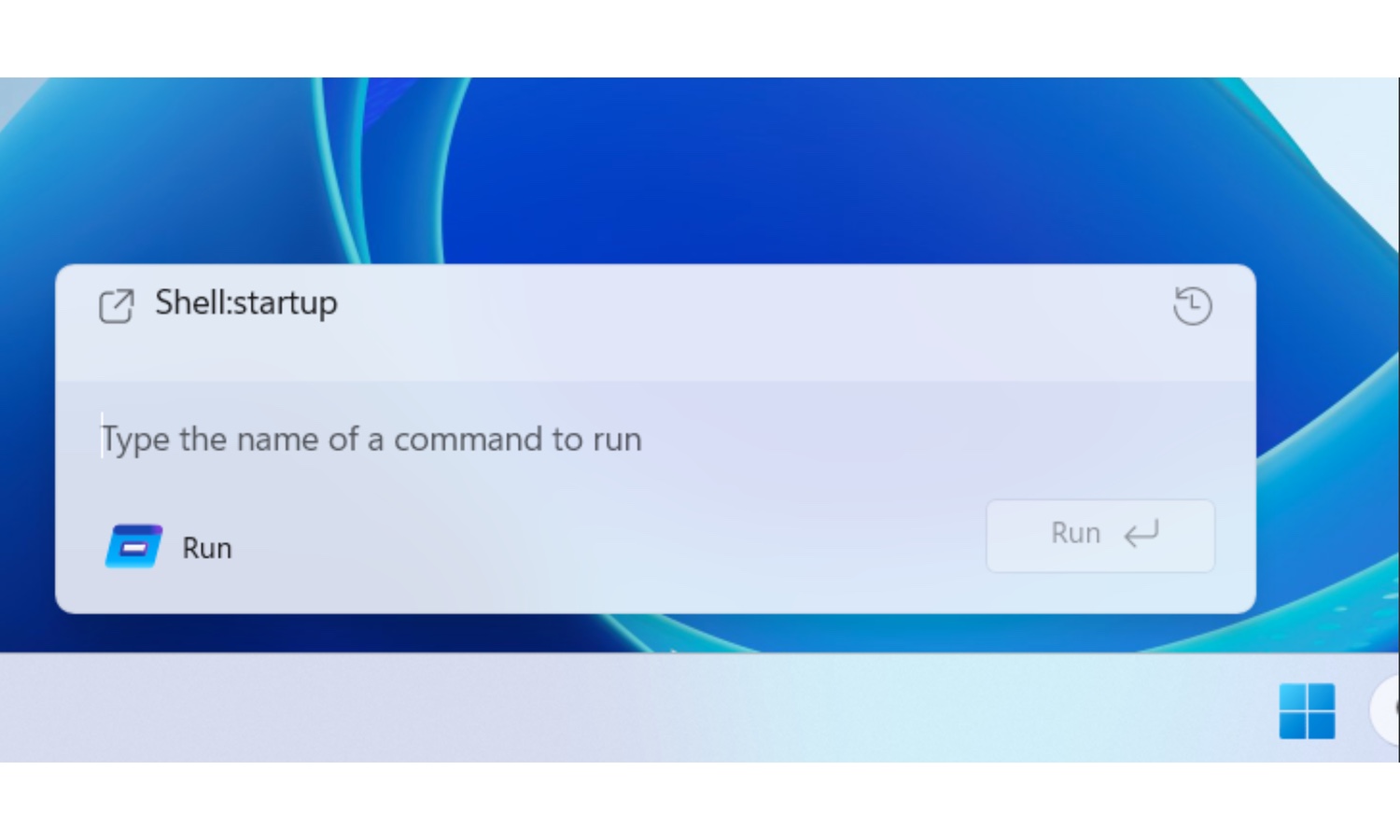
Microsoft is preparing to give the Windows 11 Run dialog a much-needed makeover
Despite its age, there are many inconsistencies to be found in Windows 11. New-look aspects sit alongside components which have not been updated since the days of Windows 10, or even earlier.
As part of the continual evolution of the operating system, Microsoft has plans to bring a visual update to the Run dialog. What does this UI update mean?

Google shares its favorite Chrome extensions of 2025 as AI takes over the browser
It’s that time of year again when the big “best of” round-ups start to land. Spotify Wrapped has already taken over social feeds with people comparing their listening ages, Apple just revealed its 2025 App Store Award winners, and now Google is spotlighting its favorite Chrome extensions of 2025.
This year’s apps list makes one thing very clear -- AI has become the browser’s default companion.

Apple unveils the 2025 App Store Awards winners -- is your top pick on the list?
Apple has announced the winners of its 2025 App Store Awards. The editors selected this year’s 17 winning apps and games from a long list of 45 finalists, focusing on innovation, user experience, and thoughtful design across Apple’s ecosystem.
“Every year, we’re inspired by the ways developers turn their best ideas into innovative experiences that enrich people’s lives,” said Tim Cook, Apple’s CEO. “This year’s winners represent the creativity and excellence that define the App Store, and they demonstrate the meaningful impact that world-class apps and games have on people everywhere.”

Open-source BitTorrent app FrostWire 7 launches with rebuilt engine and zero ads
FrostWire, the long-running open-source BitTorrent client, has announced the arrival of FrostWire 7, a major update that replaces the app’s entire engine and changes how the desktop client handles peer-to-peer downloads. The new version focuses on speed, reliability, and cleaner packaging across Windows, macOS, and Linux, while removing older components that were slowing down the project.
One of the biggest changes in the new version is a move to the jlibtorrent 2.0 engine. This was the result of two years of engineering work that saw hundreds of internal improvements. The upgrade supports BitTorrent v2, improves data integrity, boosts swarm performance, and allows the software to handle larger torrents better on modern hardware.

People search sites put healthcare workers' data at risk
A new study reveals the extent to which medical professionals’ personal information is publicly available online, leaving them vulnerable to stalking and other forms of threats.
The report from data privacy and personal data removal service Incogni looks at 768 medical department heads from major US hospitals to see what personal information is publicly accessible and shows some concerning results.

New Darktrace features help guard against email attacks
Modern social engineering attacks no longer begin and end in the email inbox. They move across identity platforms, SaaS tools, and collaboration apps, exploiting gaps between disconnected security products, and employing increasingly sophisticated techniques to evade traditional defenses and reach end users.
To address these threats AI cybersecurity specialist Darktrace is launching a series of enhancements to Darktrace / EMAIL designed to detect and stop attacks spanning communications channels, strengthen outbound email protections and streamline SOC integrations.
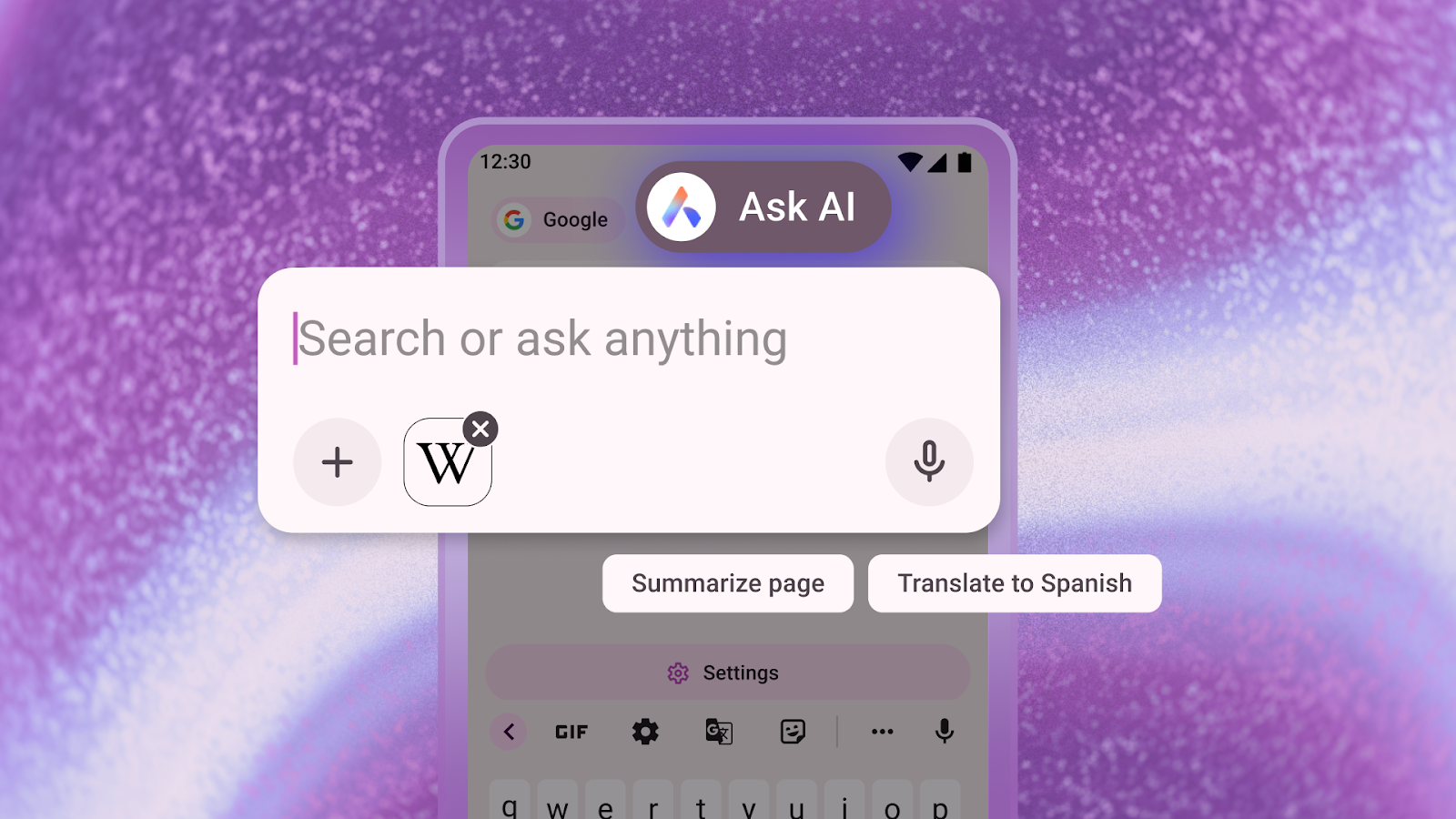
Opera brings desktop AI features to its Android app
Opera has been adding artificial intelligence features to a number of its browsers recently, starting with the AI powered Opera Neon which it rolled out in invite only form in October, and then across Opera One and Opera GX.
Inevitably, the browser maker is now bringing artificial intelligence features to its Android app. The update, available today, adds contextual AI, which lets people use their current tab or webpage as part of a prompt, and visual intelligence, which allows them to attach images and files directly in the search bar for AI analysis.

New AI cyber range launches to test autonomous AI agents under real attack conditions
Hack The Box has announced HTB AI Range, a new, controlled 'AI cyber range' built to test how AI security agents behave under pressure, as well as how well they work alongside human teams.
The platform recreates real attack and defense scenarios so organizations can see how well (or if) the models cope with complex, high stakes environments. It can also flag where human oversight is still needed.
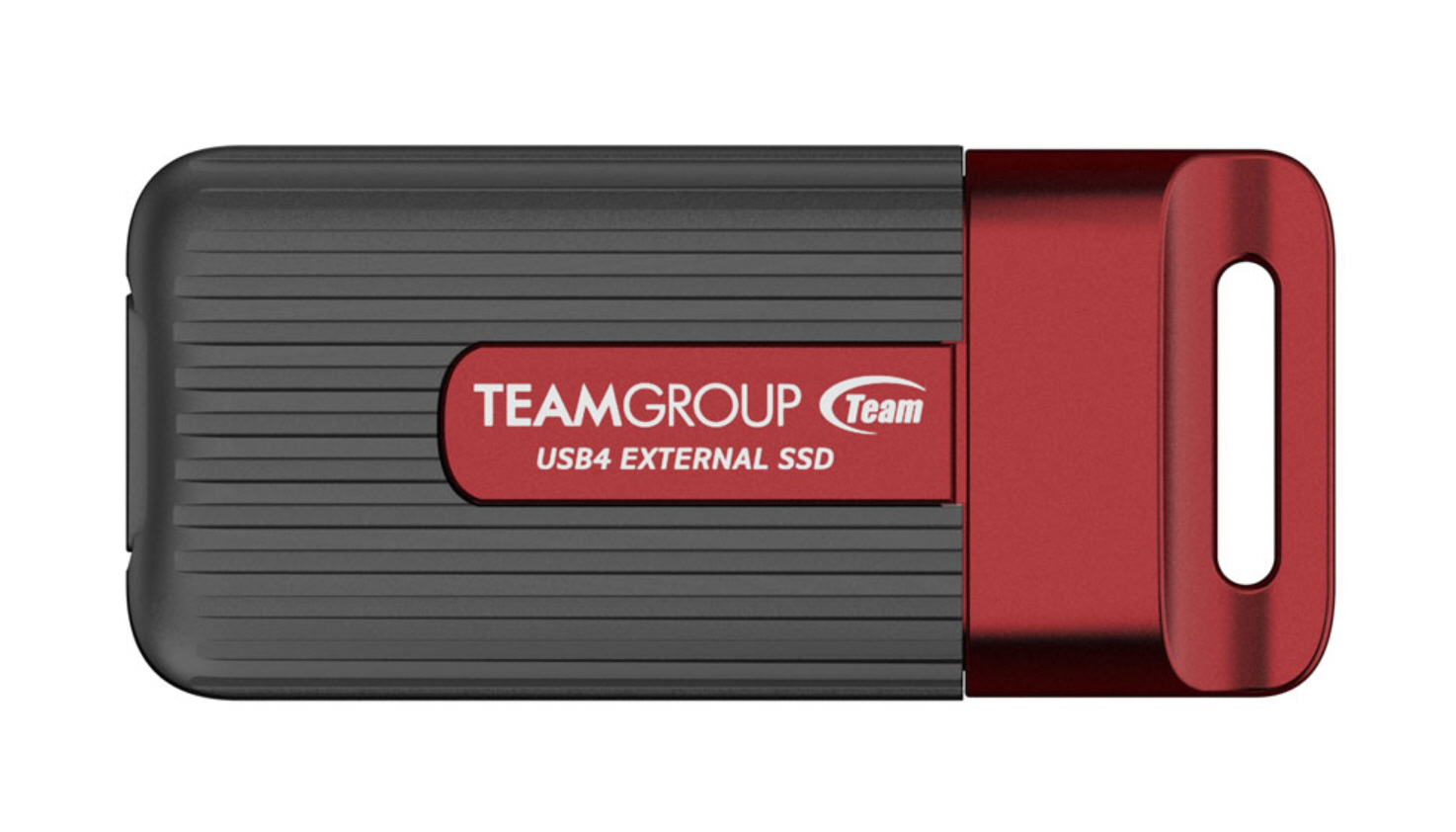
TeamGroup releases PD40 Mini, a lightweight USB4 drive built for fast transfers
TeamGroup has launched a new portable storage option for users who want fast transfers in a small, pocketable format, and don't want to rely on the cloud for large or sensitive files. The PD40 Mini External SSD is a USB4 drive capable of read speeds up to 4,000MB/s and write speeds up to 3,500MB/s, making it far faster than most everyday portable SSDs.
The PD40, which shares its look with the previously released PD20, is just 75mm in length and weighs 22g, making it one of the smallest high speed USB4 drives available. The drive is built with a rubberized, textured shell to improve grip, and it comes in a smart black and red finish.
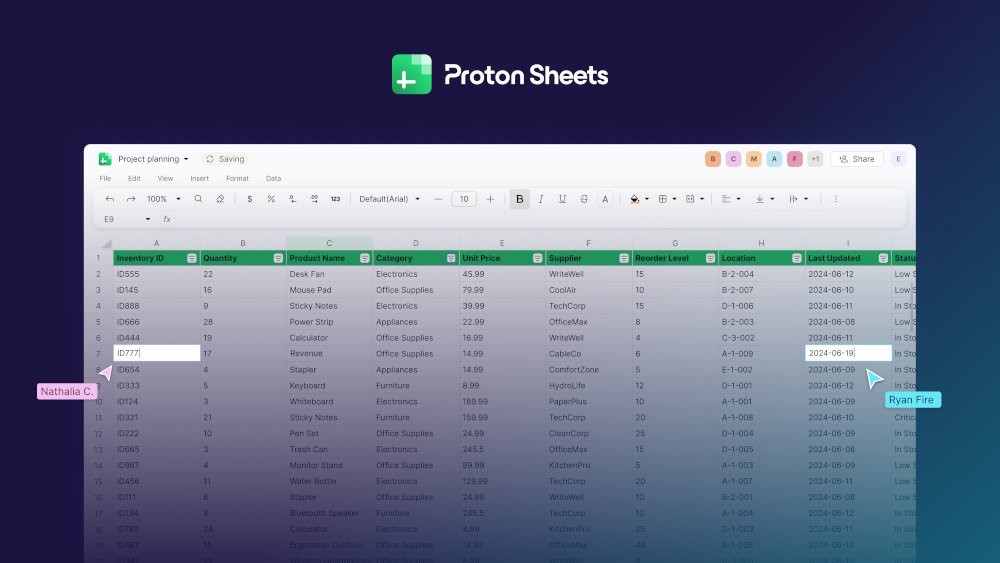
Proton launches end-to-end encrypted spreadsheets for secure collaboration
Spreadsheets are essential to modern businesses, used to plan budgets, manage inventory, supervise members, and organize proprietary data. But organizations are becoming increasingly concerned that these tools can leave their internal data exposed to surveillance, tracking, and AI training.
This why Proton is launching Proton Sheets, an easy-to-use private spreadsheet that lets teams collaborate while keeping control of their data.

Cybercrime landscape fragments as new groups emerge
Previously, a single dominant group tended to define the cybercrime landscape. Now, several actors sustain large-scale operations, with the number of distinct actors nearly tripling from 33 to 89 since 2020.
The latest Security Navigator report from Orange Cyber Defense shows that in Europe, victims of Qilin and Akira have risen by 324 percent and 168 percent respectively.



